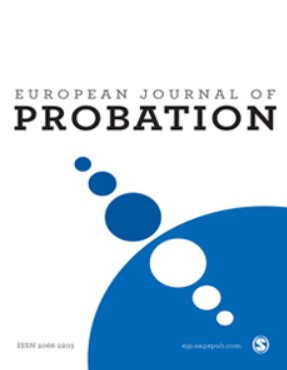Consent to probation in England and Wales: How it was abolished, and why it matters
Consent to probation in England and Wales: How it was abolished, and why it matters
Author(s): Peter RaynorSubject(s): History of Law, Criminal Law, Criminology, Penology, Post-War period (1950 - 1989), Transformation Period (1990 - 2010), Penal Policy
Published by: SAGE Publications Ltd
Keywords: Probation; consent; contracts; co-operation; England and Wales;
Summary/Abstract: Much of probation theory and probation training in Britain during the 1980s emphasised the importance of ‘contracts’ or negotiated agreements between probation officers, probationers and the sentencing Court – for example, joint decision-making was central to the influential ‘non-treatment paradigm’ and its variants. However, the legal requirement of consent to a probation order was abolished in 1997, partly because it was seen as diminishing the authority of the Court. This article discusses the arguments and attitudes that lay behind abolition, and considers how far the absence of formal consent should be seen as making a difference in practice. Recent studies of supervision skills, therapeutic alliance, compliance with probation, sentencer involvement in supervision, and the role of individual choice in desistance from offending all point to the continuing importance of co-operation and joint ownership of the supervision agenda. Although these can exist in the absence of a formal requirement for consent, they have greater support and legitimacy when such a requirement is present. Finally, the article explores how official thinking and political gestures lead to decisions that are detached from the realities of practice, and discusses some of the current dangers that arise from this.
Journal: European Journal of Probation
- Issue Year: 6/2014
- Issue No: 3
- Page Range: 296-307
- Page Count: 12
- Language: English
- Content File-PDF

